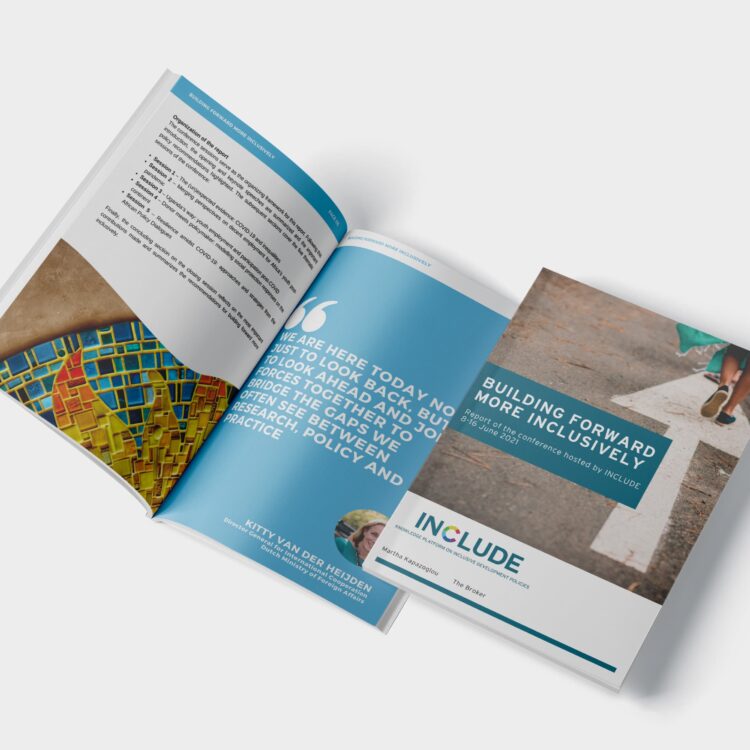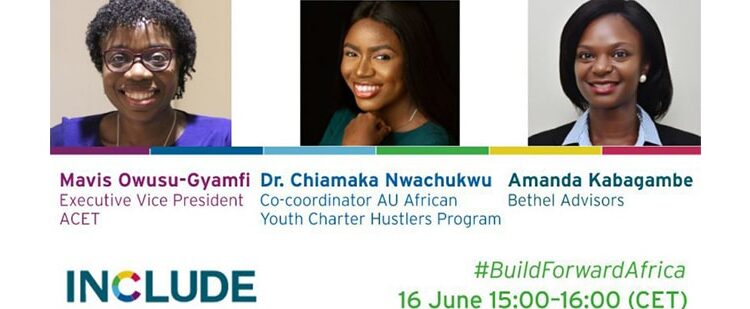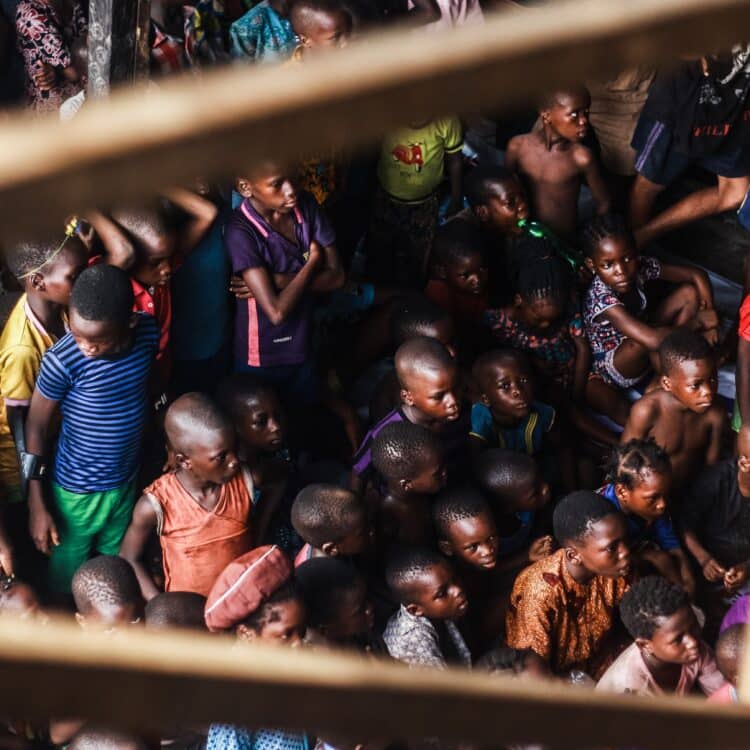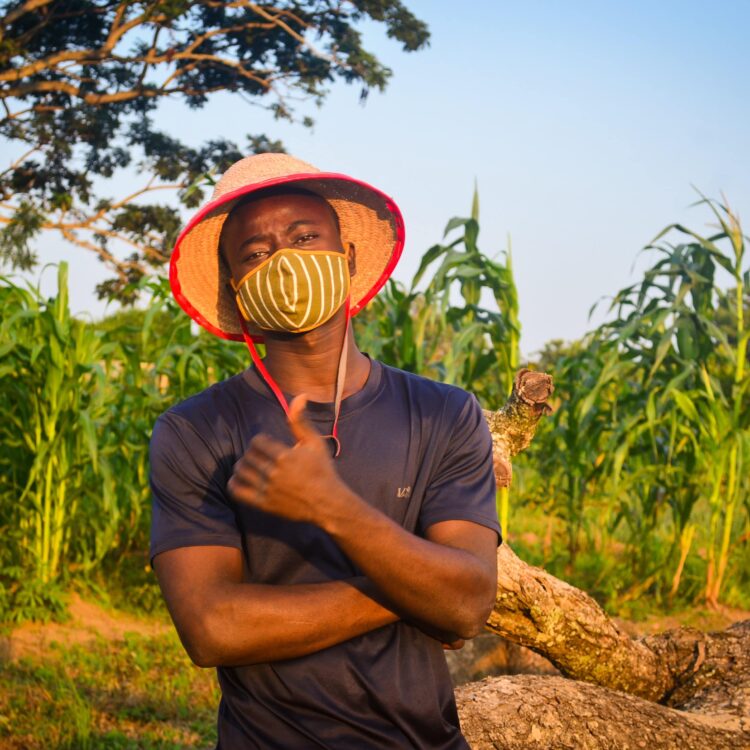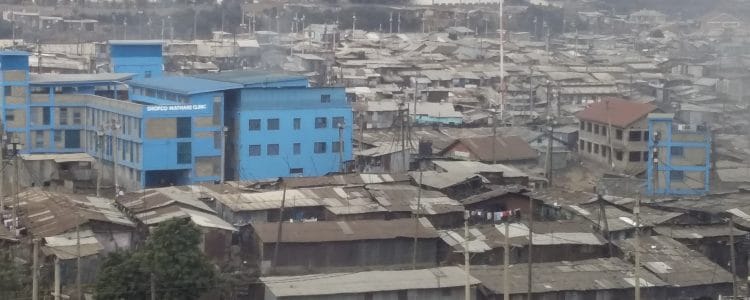
The research programme ‘New roles of CSOs for inclusive development’, investigates the assumptions, solutions and problems underlying the civil society policy framework ‘Dialogue & Dissent’ of the Dutch Ministry of Foreign Affairs. The latest blog is by Edwin Kibui Rwigi, junior researcher of the research project ‘Towards inclusive partnerships: the political role of community based organizations and the official development aid system’.
Our research group, ‘Community based organizations (CBOs) within the official development aid system in Kenya’, was keen to understand the everyday dynamics and practices of CBOs and the communities they are embedded in. This was in a bid to investigate how linkages to the official development aid system constrain or enable the contribution of CBOs in Nairobi to inclusive development. As such we used various qualitative methods and enjoyed the participation of our partner CBOs and their members in the research process. With community led research and action (CLRA) we were able to build rich descriptive contexts of the two communities that our partner CBOs work in. CLRA enabled us to deeply understand how CBOs connect to the everyday experiences – the ‘chaos of urgencies’ – of their members. In doing so, we responded to policy questions examining the relationship between local contexts and the political roles of CBOs. Through CLRA we incorporated community members as community researchers in the project. We developed CLRA as both a method and tool to encourage individuals without a formal academic background to critically interrogate the world around them.
Our project team worked with 20 community researchers, 10 from each of our partner CBOs, for a period of eight months. Through CLRA the community researchers collected auto-ethnographic data and ethnographic data from their communities. This process would start with the community researchers collaboratively formulating their own questions on a weekly basis. The questions addressed different aspects of community life. Each community researcher would collect data and then share their findings at our weekly research and analysis sessions. It was during one of these sessions that the community researchers from the Ghetto Foundation (one of our partner CBOs) described the survival nature of life in the ghettos. The ‘Sheng’1 word swara, which loosely means a hex or a curse, was often used to describe this state of affairs. They felt as though the system had been rigged against people living in the ghettos. Escaping the harsh conditions of ghetto life was described as an impossible task.
During one of the sessions, Ernest, one of the community researchers, narrated his life story. He spoke of the challenges poor and uneducated youth face in the ghetto. He said that many are drawn to criminal activities to earn a living, as he was in the past. “There are few alternatives to pursue”, he shared. Hence, our research challenges the idea that young people can ‘entrepreneur themselves out of poverty’, an idea that has become popular in economic empowerment interventions in poor urban communities in Kenya.
“Create jobs, don’t just look for employment.” This was Prof. Margaret Kobia’s message to youth on the eve of International Youth Day 2018 at a forum dubbed ‘Safe Spaces for Youth’.2 This admonishment from Prof. Kobia, Cabinet Secretary for the Ministry of Public Service, Youth and Gender Affairs, elicited an online furore among Kenyan youth. Young people accused her of being patronizing and too distant from their everyday realities. One social media user summarized the thoughts of many saying:
Asking young people to create jobs has become cliché. More often than not, those who tell them are well secure in their company or government jobs. It is challenging to dream when you’re merely surviving. It’s challenging to come up with business ideas when you are struggling to meet your most immediate and basic needs like food, clothing and shelter.3
In spite of Prof. Kobia’s good intentions, starting and running a successful business – especially as a young person – is not easy.
Perhaps the imperative for African youth to become entrepreneurs has become even more acute with the emergence of young ‘Silicon Valley-type’ self-made millionaires and billionaires. However, interestingly, a 2012 study suggests that up to 75% of venture-backed American start-ups fail.4 Although the Kenyan context is vastly different, the results of a Kenya National Bureau of Statistics study5 are not far apart, suggesting that up to 2.2 million micro, small, and medium-sized enterprises shut down between 2011 and 2016 – a failure rate of 440,000 enterprises a year.
As useful as the above statistics are they tell us nothing about the success rate of youths and especially those living in the margins and operating in social and economic informality. It is in such considerations that we see the relevance of Gayatri Chakravorty Spivak’s question, “Can the subaltern speak?”6. This question can help us highlight the limits of not just the state, but also the official development assistance (ODA) system to respond to the needs of communities living in the margins. It is only through such a critical lens that we can see how ‘outsiders’ further contribute to the marginalization of such communities by defining the needs and priorities of these communities. A different rendering of this question, “Can the subaltern be heard?”, points out that those at the margins do indeed speak, but those at the centre need to recognize their voices. At a fundamental level, both these questions share the assumption that the subaltern exists. It is in this realm of existence, or lived experiences, that CLRA finds its relevance. CLRA is a collaborative registry of voices articulating the lived experiences of those in the margins, which provides deep and personal accounts of social realities relevant to policy design interventions.
Footnotes
2. Omulo, C. (2018). Create jobs, don’t just look for employment young people urged.
https://www.nation.co.ke/news/Create-jobs–don-t-just-look-for-employment-youth-told/1056-4707362-q7v6mhz/index.htm.
3. NTV Kenya Facebook page, https://www.facebook.com/search/top/q=Create%20jobs-%2C%20don%E2%80%99t%20just%20look%20for%20employment%20-young%20people%20urged&epa=SEARCH_BOX.
4. Gage, D. (2012). The venture capital secret: 3 out of 4 start-ups fail. The Wall Street Journal. https://www.wsj.com/articles/SB10000872396390443720204578004980476429190.
5. Kenya National Bureau of Statistics (KNBS). (2016). Micro, small and medium establishments survey. https://www.knbs.or.ke/download/2016-msme-basic-report/.
6. Spivak, G.C. (2006). Can the Subaltern Speak? The Post-Colonial Studies Reader, 28–37.
